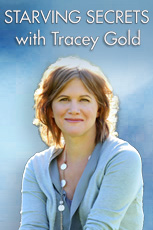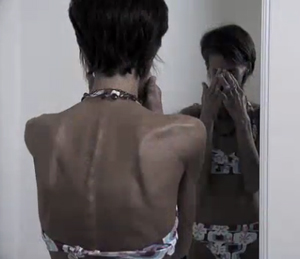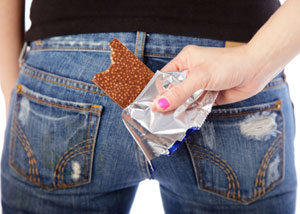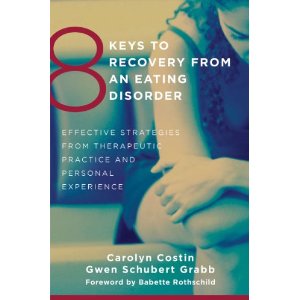Tracey Gold is a well known Hollywood name. She’s known for he long time role on the series Growing Pains but she’s almost just as well known for her public battle with anorexia. Gold was one of the first celebrities to go public with her disease in the 90’s and since has been an advocate for educating people about eating disorders. Taking that role to another level, Gold has recently debuted a show on Lifetime titled Starving Secrets with Tracey Gold. In the unscripted series,  Gold works one-on-one with women struggling with eating disorders. The show is aimed at helping these women who are in life threatening situations, however, criticism has risen. Many fear that Starving Secrets, and shows like them, may do more harm than good.
Gold works one-on-one with women struggling with eating disorders. The show is aimed at helping these women who are in life threatening situations, however, criticism has risen. Many fear that Starving Secrets, and shows like them, may do more harm than good.
In the dark world of eating disorders, like anorexia and bulimia, there seem to be a lot of secrets. The patients who struggle tend to be very reclusive and hidden. They basically have to be, because if the world saw what they were doing, someone might try and stop it. Critics fear that the show will provide more secrets for the afflicted to use, almost as if the show will become a new guide book or manual to further their disease. Professionals fear that while the show truly wants to help, it may inadvertently trigger viewers or even challenge those struggling to get competitive. For example, if the woman on the show is only eating 800 calories a day, the viewer may strive to only eat 500. Eating disorders are tricky and it’s very debatable what will help and what will hurt.
Brooke Randolph, a licensed mental health counselor, shared her thoughts about the show.“I agree with the other experts who are concerned that this may pose more danger than potential good. Those who suffer from eating disorders are often looking for new tactics and ideas to help them lose weight. The road to recovery is long and complicated, and it cannot be fully displayed in a single episode or even season. Ms. Gold likely wants to help others feel less alone in their suffering and make a difference to as many as she can. Unfortunately, like so many endeavors, the best of intentions can actually cause more harm than good.”
(more…)











